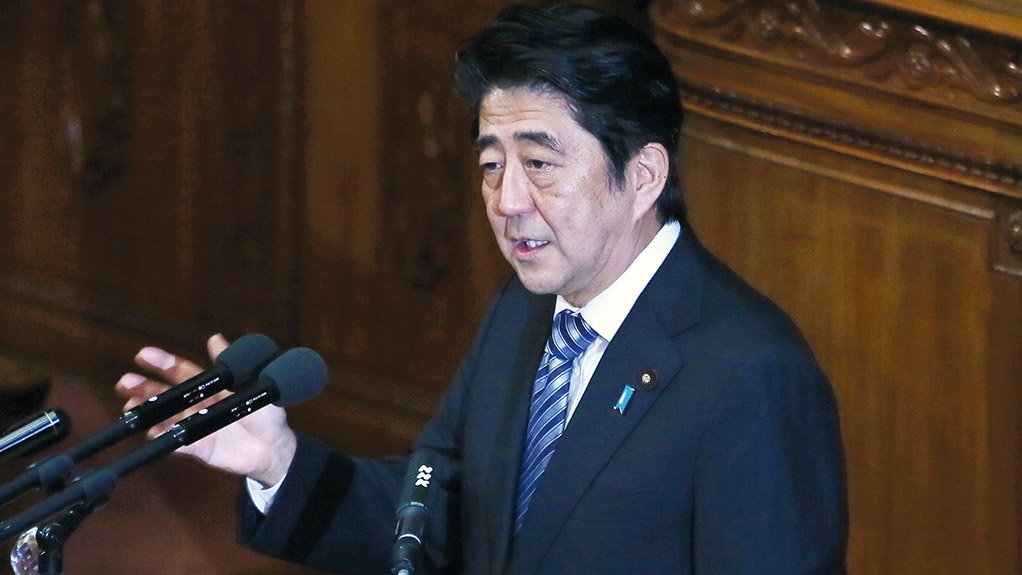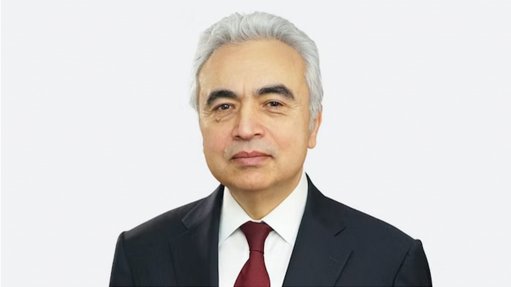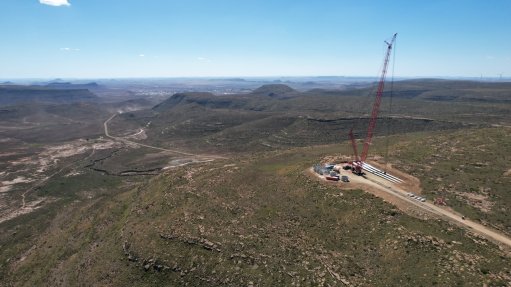Reinvigorating Japan will benefit SA, Africa and other trade partners
The reform programme of Japanese Prime Minister Shinzo Abe, dubbed Abenomics by the world’s media, is likely to benefit the country’s international trading partners, including in Africa. This is the view of Ambassador Yutaka Yoshizawa, Japan’s representative in South Africa. Abenomics has three main elements, namely an aggressive monetary policy, a flexible fiscal policy and a growth strategy for promoting investment.
“Mr Abe’s reform programme is intended to revitalise the Japanese economy,” he points out. “We are hopeful – actually, it’s already happening – that Japan’s economy will come back to a sustainable growth path. That would increase Japanese purchases of goods from around the world. “So, the fact that the Japanese economy is growing again will hopefully have a positive impact on African countries.”
Nor is this all. “In addition, Mr Abe’s reform programme has given confidence to Japanese companies, increasing their willingness to invest abroad,” he notes. “That will also benefit African countries, by increasing Japanese investment in Africa.”
With regard to South Africa, last year Japan was this country’s third-largest export destination and fifth-largest source of imports. As an export destination, Japan was exceeded only by the US (second) and China (first). As a source of imports, Japan was outranked by China (first), Germany (second) Saudi Arabia (third) and the US (fourth). South African exports to Japan in 2012 were worth some R44.25-billion and imports from Japan came to about R37.92-billion, giving South Africa a trade surplus of just over R6.33-billion. (These rankings and figures are from the South African Department of Trade and Industry.)
Last year, some 115 Japanese companies were operating in South Africa, employing some 150 000 people. Foreign direct investment from the Asian economic giant in Africa’s main economy rose from some R7-billion in 2004 to about R16-billion in 2008 and to around R28-billion in 2011. From January 2011 to August 2012 inclusive, seven Japanese groups invested more than $959-million in South Africa. These companies were Itochu, Kansai Paint, NEC, Nissan, Shimadzu, Sumitomo and Toyota. The biggest single investment in this period was Kansai Paint’s $260-million acquisition of Freeworld Coatings. Itochu invested $220-million in increasing its equity in the Platreef platinum mine and $210-million in solar power generation. Nissan invested $10-million in expanding its Rosslyn plant, Sumitomo $200-million in wind power generation and Toyota $52-million in a new parts distribution warehouse and $7-million in a new production line for Ses’fikele minibus taxis. The values of the investments by NEC and Shimadzu have not been disclosed.
Because South Africa is a middle income country, it cannot benefit from most Japanese overseas development aid programmes. However, there are some programmes that can and do apply. One of these is the Grant Assistance for Grass-Roots Human Security (GGP) programme, which was launched in 1989. This is aimed at improving human security, particularly for the poor and marginalised. It provides direct benefits to local people. Since 1990, the Japanese embassy has granted $28-million through 562 GGP projects in South Africa. During the 2012 financial year (Japan’s financial year is the same as South Africa’s), the embassy granted R8.5-million through 11 GGP projects, directed at education and health at local level.
The Japan International Cooperation Agency (Jica) has been assisting South Africa with human resource development, and more than 1 300 South Africans have taken part in training courses in Japan. These programmes have been concentrated in the areas of infrastructure development, health and disabilities, industry, and science and technology. Further, seven Japanese information and communication technology and science and technology volunteers are serving in South Africa and six Japanese experts have been seconded to South African government departments and parastatals. In addition, there are cooperative pro-grammes between Jica and the Development Bank of Southern Africa which are focused on regional cooperation.
Comments
Announcements
What's On
Subscribe to improve your user experience...
Option 1 (equivalent of R125 a month):
Receive a weekly copy of Creamer Media's Engineering News & Mining Weekly magazine
(print copy for those in South Africa and e-magazine for those outside of South Africa)
Receive daily email newsletters
Access to full search results
Access archive of magazine back copies
Access to Projects in Progress
Access to ONE Research Report of your choice in PDF format
Option 2 (equivalent of R375 a month):
All benefits from Option 1
PLUS
Access to Creamer Media's Research Channel Africa for ALL Research Reports, in PDF format, on various industrial and mining sectors
including Electricity; Water; Energy Transition; Hydrogen; Roads, Rail and Ports; Coal; Gold; Platinum; Battery Metals; etc.
Already a subscriber?
Forgotten your password?
Receive weekly copy of Creamer Media's Engineering News & Mining Weekly magazine (print copy for those in South Africa and e-magazine for those outside of South Africa)
➕
Recieve daily email newsletters
➕
Access to full search results
➕
Access archive of magazine back copies
➕
Access to Projects in Progress
➕
Access to ONE Research Report of your choice in PDF format
RESEARCH CHANNEL AFRICA
R4500 (equivalent of R375 a month)
SUBSCRIBEAll benefits from Option 1
➕
Access to Creamer Media's Research Channel Africa for ALL Research Reports on various industrial and mining sectors, in PDF format, including on:
Electricity
➕
Water
➕
Energy Transition
➕
Hydrogen
➕
Roads, Rail and Ports
➕
Coal
➕
Gold
➕
Platinum
➕
Battery Metals
➕
etc.
Receive all benefits from Option 1 or Option 2 delivered to numerous people at your company
➕
Multiple User names and Passwords for simultaneous log-ins
➕
Intranet integration access to all in your organisation





















